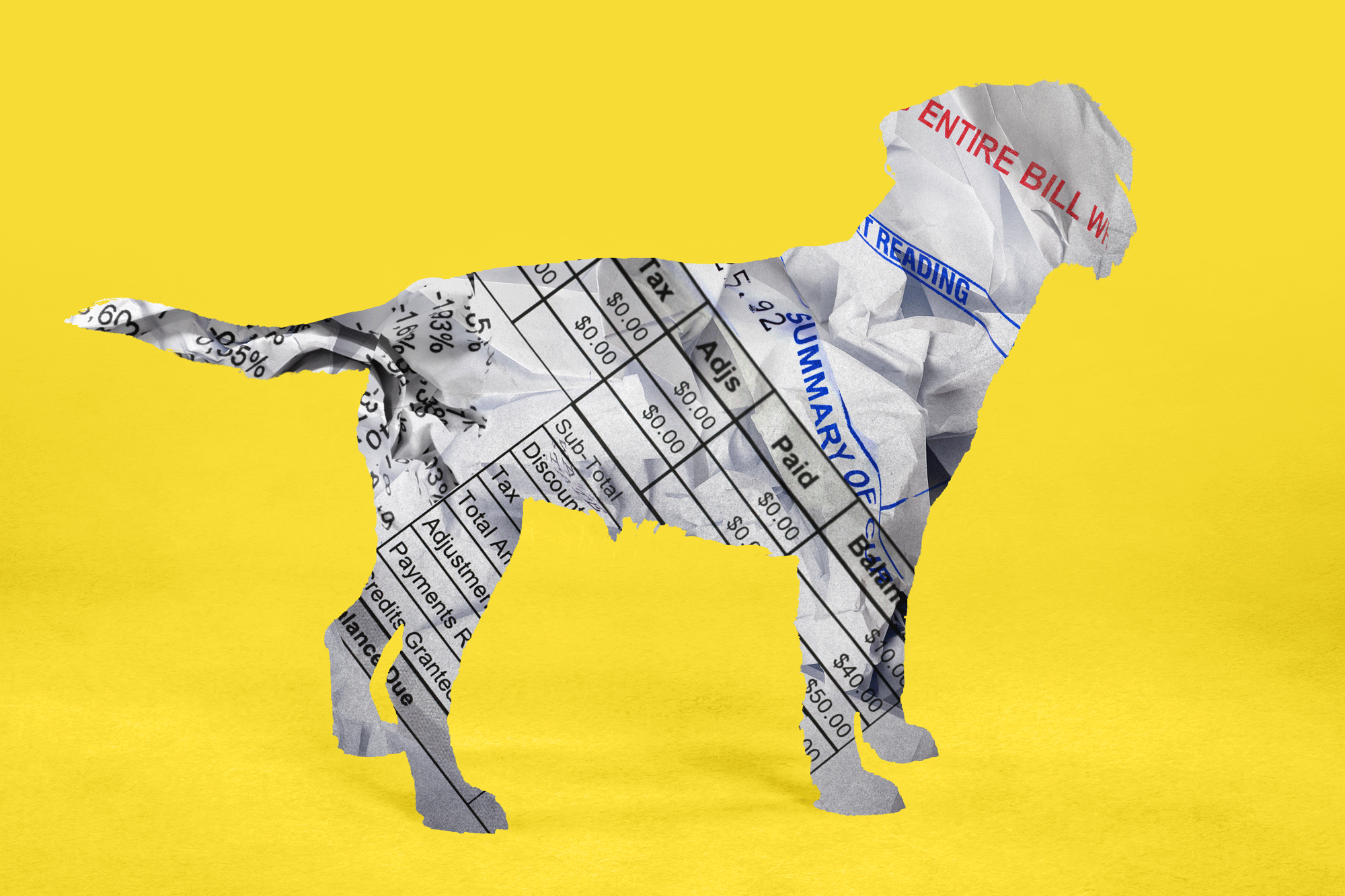Today, Cat’s Pajamas May Be Hospital Gown
- Share via
PHILADELPHIA — Sally Apfelbaum didn’t want to hear the advice from her veterinarian: Put Pierre to sleep.
A cancer as big as a grapefruit clogged the chest of the 6-year-old cat, partially collapsing his lungs.
But Apfelbaum thought Pierre was too young to let go. She brought him to the Veterinary Hospital at the University of Pennsylvania, where oncologists used chemotherapy to shrink the tumor.
Pierre will never go into complete remission and will require chemotherapy every few weeks. But Apfelbaum, who lives in New York, doesn’t mind the trips or the hundreds of dollars in bills.
“They did wonders for him,” said Apfelbaum, stroking Pierre’s striped fur. “He’s having a very nice life.”
Apfelbaum is among a growing number of pet owners seeking the latest in high-tech care--and willing to pay for it. From kidney transplants for cats to open heart surgery on dogs, new treatments are saving pets that wouldn’t have survived 10 years ago. Along with the new care, though, come the same types of ethical dilemmas that doctors and loved ones face in human health care.
Early in a pet’s stay at Pennsylvania’s center, one of the most advanced in the nation with about 23,000 patients a year, doctors try to broach with owners how far to pursue treatment.
Sometimes owners need to know that “they don’t have to go through the emotional upheaval and spend all this money” if their pet doesn’t stand a good chance, said Joan Hendricks, the hospital’s chief of critical care.
Karin Sorenmo, an assistant professor of oncology at the center, believes that it’s inappropriate to put animals through such aggressive cancer treatment that they need prolonged hospitalization. “Animals exist in the present,” she said, “and this is how we understand their existence.”
To help families decide how to proceed, the hospital also gives daily estimates of costs. In some cases, the financial reality forces tough choices: Pet owners may decide to euthanize an animal that could only be saved at great expense.
Kidney transplants cost $5,000, which includes the charge to remove the kidney from the donor cat. A procedure to open up a dog’s heart valves using a balloon runs $1,200 to $1,500, a stomach ultrasound costs about $180 and an overnight stay starts at $80.
“The charges are high compared to local vets,” said hospital director Barry Stupine. “But they’re low compared to human medicine.”
For some families, the knowledge that their pet is in good health is priceless.
When Anne Loisch first noticed a growth on the toe of her 7-year-old Rottweiler, Luther, her veterinarian dismissed it and said a biopsy was unnecessary.
“That’s all well and good, I said, but there’s a history of cancer in the family,” said Loisch, playing with her dog in a waiting room. Just moments before, doctors had given chemotherapy to Luther, injecting the medication into the area around the toe. A biopsy had in fact shown the growth to be malignant, and doctors removed it.
Loisch, who like most owners pays the hospital costs out of pocket, says next time she will think about buying pet insurance.
At Pennsylvania, animals hooked to IVs are rolled on stretchers through the halls. For the less pressing cases, workers gingerly carry animals in their arms or direct them on leashes.
Inside a darkly lit room off the emergency room, veterinary cardiologist Meg Sleeper runs a device over the chest of a cat lying on a table. With the echocardiogram machine--the same top-of-the-line model used for humans--she can examine the cat’s heart on a monitor, looking for abnormalities.
In a critical care wing that can hold 12 animals, Hendricks and her team give constant care to pets.
“We’re here moment to moment if crisis breaks,” Hendricks said.
Along one wall, glass chambers hold animals too small to have oxygen tubes in their nostrils. The tanks keep oxygen, humidity and temperature steady for pets recovering from operations. And ventilators, once used only as a last resort for animals, now frequently ease the transition from critical condition.
One Rottweiler has made his home in the unit--which costs about $150 to $160 a day--for nearly two months. The dog suffers from bouts of pneumonia caused by an underlying nervous system problem. His esophagus doesn’t work properly, and when he’s home, he tries to eat things he can’t.
“He’s out of danger here,” Hendricks said. “But the question is, can he go home?”
More to Read
Sign up for Essential California
The most important California stories and recommendations in your inbox every morning.
You may occasionally receive promotional content from the Los Angeles Times.













